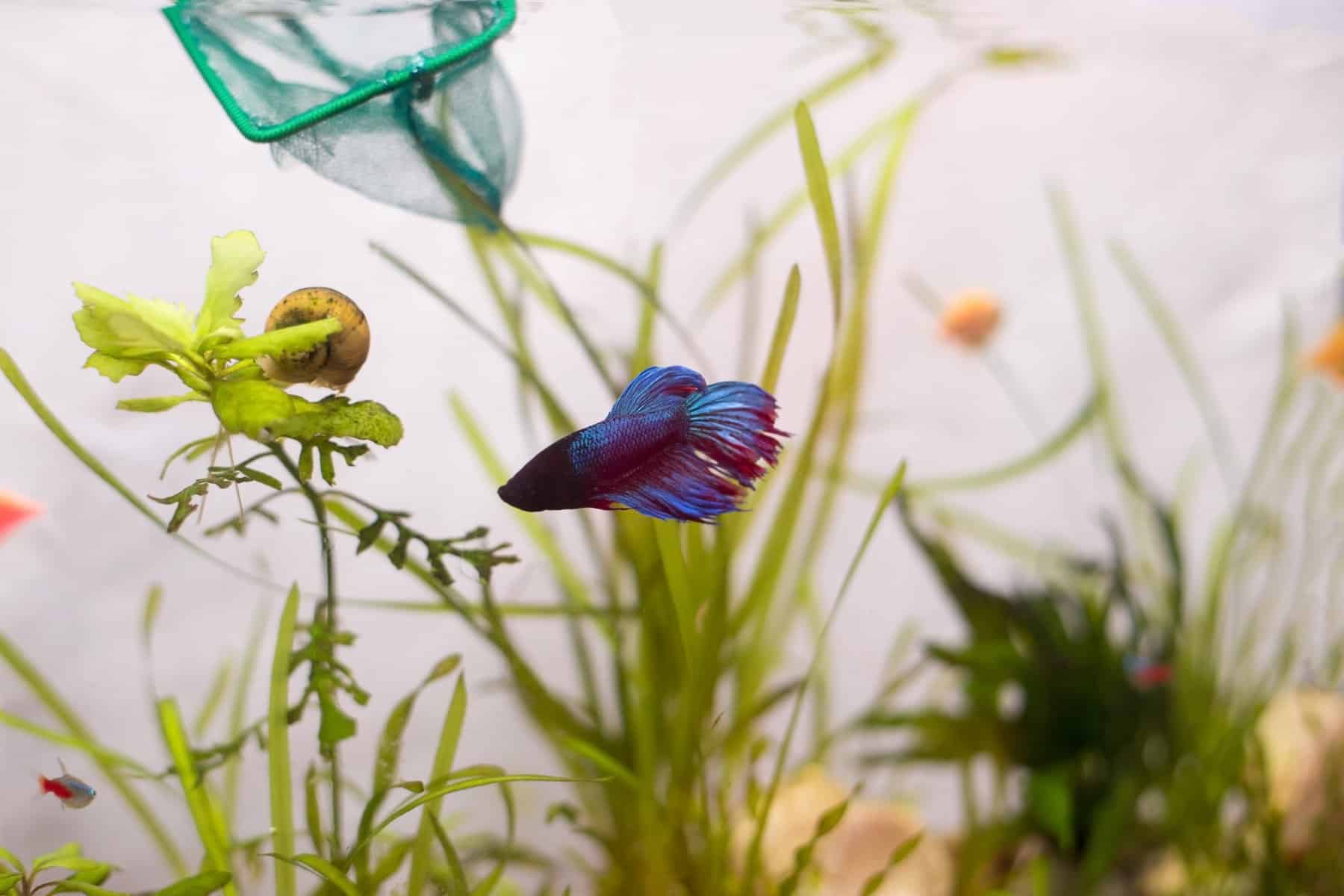
Betta Fish Water Changes: A Comprehensive Guide
As a betta fish enthusiast, I’ve often pondered the optimal frequency for water changes in their delicate aquatic environments. After meticulous research and observations, I present this comprehensive guide to help fellow betta caregivers ensure the well-being of their vibrant companions.
Understanding the Impact of Water Quality
Maintaining clean water is paramount for betta fish health. Chlorine and other disinfectants commonly found in tap water can harm their sensitive gills and scales. Ammonia and nitrite, produced as waste products, are toxic in high concentrations. Regular water changes help remove these harmful substances, ensuring a healthy and hospitable environment.
Establishing a Water Change Schedule
The ideal frequency of water changes depends on the tank size, filtration system, and number of bettas. As a general rule, smaller tanks with fewer bettas require more frequent changes. Here’s a recommended schedule:
- 5-gallon tank with 1 betta: Weekly 25-50% water change
- 10-gallon tank with 2-3 bettas: Bi-weekly 25-50% water change
- 20-gallon tank with 4-5 bettas: Monthly 25-50% water change
Step-by-Step Water Change Procedure
- Acclimate New Water: Fill a clean container with dechlorinated water and allow it to reach the same temperature as the tank water.
- Remove Dirty Water: Use a gravel vacuum to remove debris and 25-50% of the old water.
- Add New Water: Slowly add the acclimated new water to the tank.
- Monitor Temperature: Ensure the temperature of the new water matches that of the tank.
- Test Water Parameters: Consider testing water parameters regularly to monitor ammonia, nitrite, and pH levels.
Tips and Expert Advice
- Use a Water Conditioner: Dechlorinate tap water before adding it to your betta’s tank to remove chlorine and other contaminants.
- Avoid Sudden Changes: Don’t change more than 50% of the water at a time to prevent shock to your betta.
- Cleanse Decorations: Regularly clean tank decorations and plants to remove algae and debris.
- Spot Clean Regularly: Scoop out any visible waste or decaying plant matter between water changes.
- Consider a Filter: An efficient filter system can significantly reduce the frequency of water changes by removing waste products.
Frequently Asked Questions
Q: How much water should I remove with each water change?
A: Remove 25-50% of the old water, depending on the tank size and filtration system.
Q: Can I use bottled water for my betta?
A: Yes, but ensure it’s dechlorinated before adding it to the tank. Tap water with a water conditioner is generally preferred.
Q: How can I tell if my betta needs a water change?
A: Signs of dirty water include cloudy water, high ammonia or nitrite levels, and visible waste or algae buildup.
Conclusion
Regular water changes are crucial for maintaining a healthy and vibrant environment for your betta fish. By understanding the impact of water quality and following the recommended schedule and best practices, you can ensure that your betta enjoys a long and happy life in its aquatic home.
Are you interested in learning more about the fascinating world of betta fish care? If so, I encourage you to explore further resources and connect with other enthusiasts to deepen your knowledge and provide the best possible care for your beloved companions.

Image: globalizethis.org

Image: classichawaiidesigns.blogspot.com
How Often Do You Clean a Betta Fish Tank? | Betta fish tank, Betta fish … May 16, 2023How Often Should You Change Betta Fish Water? Betta fish should have their water changed at least once a week, ideally 25-50% of the total water volume. If the tank is overcrowded, or there are live plants or other fish in the tank, more frequent water changes may be necessary. Monitor the water quality using a test kit and change the water